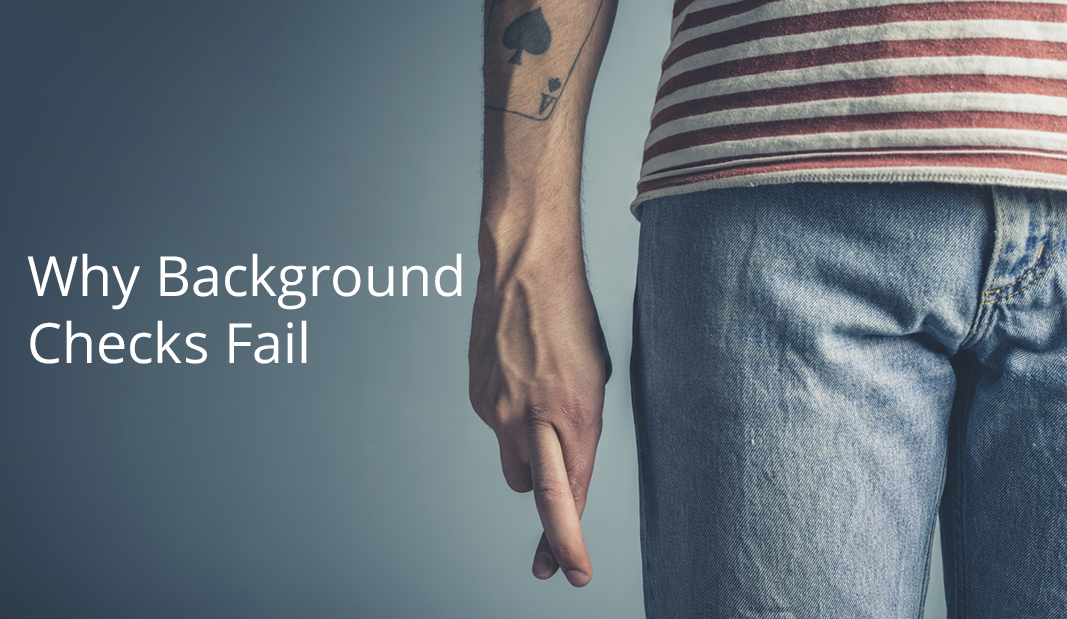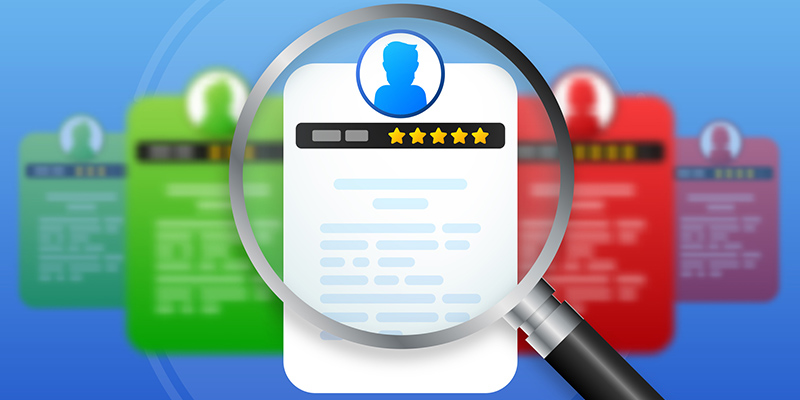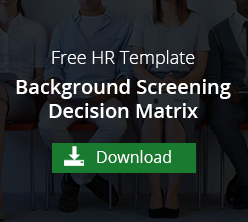What Shows Up on a Criminal Background Check?

Employers run criminal background checks to provide a safe workplace for their staff and customers and meet certain compliance requirements in their industry. Job seekers, especially those with any run-ins with the law, are curious what employers will see on criminal background checks.
The answer is, "It depends".
With many types of background searches, and different laws in certain jurisdictions, information on criminal background checks could vary. The employer would need to know the information required to meet the hiring requirements of their organization, the restrictions of their jurisdiction, and how best to obtain that information.
In general, here's what information shows up on criminal background checks.
Types of Criminal Background Checks
Because there are many different types of background checks, the information that shows up depends on the search requests of the employer or organization. Types and levels of criminal background checks include:
- Database searches - A database search includes a compilation of data from many other databases. For instance, the National Crime Information Center (NCIC) and the National Instant Criminal Background Check System (NICS), both operated by the federal government, combine information from various participating jurisdictions and sources to offer a broad look at an individual's criminal background, including sexual offenses. Neither of these databases
are available to the general public. - Federal criminal searches - Federal criminal searches access data from federal district and appellate courthouses throughout the United States. This search would reveal fraud, kidnapping, robbery, tax evasion, and more.
- Statewide (all county) searches - All county searches include statewide criminal activity in the individual's residential state. Some of these offenses may be felonies, misdemeanors, or traffic violations.
- Local county searches - Local county courthouse searches will reveal arrest records, probation, warrants, incarceration time, as well as dismissals.
- International Watch List - If the Department of State has identified the individual as a threat to the country, they will be found on the International Watch List.
Which Criminal Background Checks are Most Reliable?
Database and other searches are only as accurate as the information reported to them. Some courthouses or counties don't report with regularity to national databases due to different requirements. For the most accurate and up-to-date criminal records, a best practice is to focus on federal, state and local county courthouses for the most up-to-date information.
How Far Back Do Background Checks Look?
Another determining factor to what shows up on a criminal background check is the jurisdiction. Criminal convictions at the federal level can be reported at any
Teenagers who are convicted
How Should Employers Consider Criminal Background Checks?
If an applicant's criminal background check shows a conviction, should an employer withdraw the offer of employment? Not exactly.
The employer must, under the individual's FCRA rights, allow them the time and opportunity to dispute or explain any unfavorable results on a background check. If the results are true, the employer must also assess their own background screening policy and decision matrix to determine if the criminal record can be used to deny employment.
A criminal background screening policy is a guide for hiring managers to consider if the criminal offenses, and how much time
A decision matrix guides the hiring manager on which criminal convictions are immediate disqualifications for applicants
Employers must also be aware of their state's or city's Ban the Box regulations as well as EEOC guidance to prevent discrimination when hiring.
Understanding these limitations to criminal background checks may be overwhelming for employers who don't hire regularly or who are hiring at high volumes. A professional background screening company can be helpful in the screening process to save both time and money while helping to protect your business from
Share this
You May Also Like
These Related Stories
Assessing Criminal Records in Employment Decisions

Why Background Checks Fail


